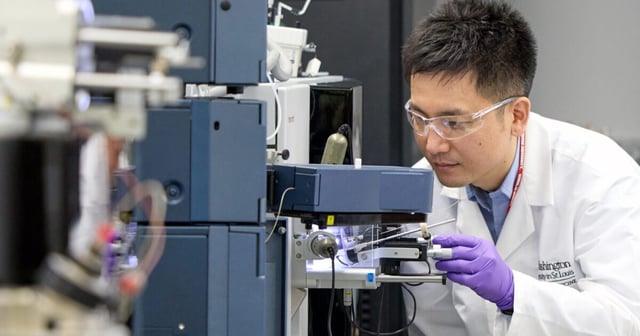Overview
- Recent studies confirm that blood biomarkers, such as tau217 and p-tau231, can predict Alzheimer’s risk up to a decade in advance with up to 83% accuracy, though elevated levels alone are insufficient for definitive diagnosis.
- Combining blood biomarkers with non-invasive tools like cognitive assessments and MRI-based measures shows promise in improving early detection and intervention strategies.
- Higher levels of plasma p-tau231 are linked to reduced medial temporal lobe flexibility and difficulties in cognitive generalization, even in cognitively healthy individuals, signaling early brain changes associated with Alzheimer’s.
- Research involving older African American adults emphasizes the importance of addressing disparities in Alzheimer’s studies, as this group faces higher risks yet remains underrepresented in clinical research.
- Longitudinal studies are needed to refine multi-modal diagnostic approaches and determine how early biomarker and cognitive changes predict Alzheimer’s progression.



